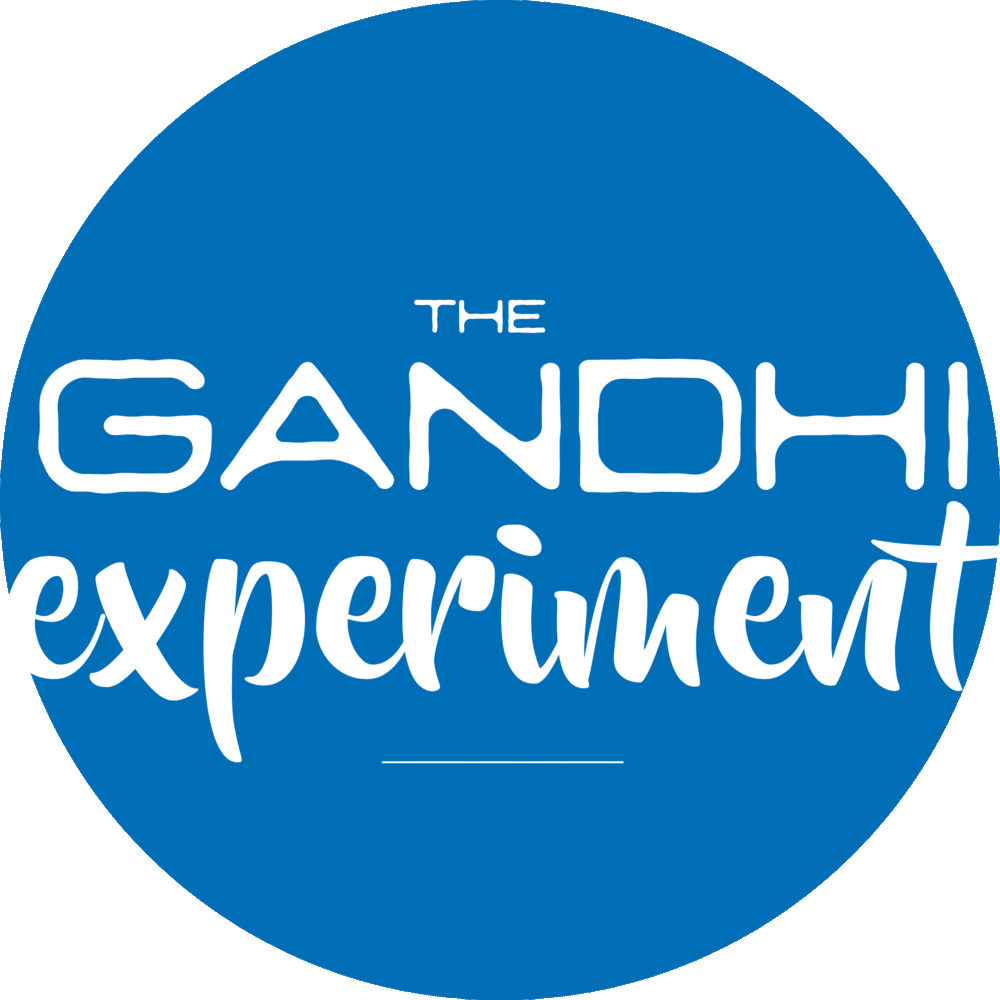My interview appeared in the recent April 2020 edition of India’s LitGleam Magazine
Yes! Excitement! I was recently interviewed for the Indian magazine, LitGleam. A beautifully current magazine. LitGleam is not an online magazine, so I am sharing my responses to their questions, posed by their Editor, R. Nithya, here. Of course, if you are in India, you can subscribe to LitGleam yourself! I think you will be very happy you did!
QUESTION ONE:
Nithya: Your recent book “The Gandhi Experiment” focuses on teaching teenagers to become global citizens. What do you mean by that and why is it needed? What is your idea of being a “global citizen”?
Margaret: My journey into teaching teenagers to become global citizens grew out of a realisation
from my decades of experience in teaching. It began to dawn on me that if we say we are teaching kindness, caring, empathy, respect, tolerance and understanding, then why does it appear to have not translated into the adult world – especially the world of big business, where greed, over-competitiveness and corruption are rife? Why are the messages not sticking? Why do we still have so many problems ‘out there’?
I began both an inner and outward journey – going ‘in’ to learn more and ‘out’ to teach these learnings. I found myself at the Gandhi Sabarmati ashram, meditating in the very same place Gandhi-ji prayed morning and night. This very clear thought came to me then: ‘There are too many people experimenting with war and violence. We need more people experimenting with peace and non-violence.’ Essentially, that is where The Gandhi Experiment began.
I now teach the connection between inner change / personal change and global change. I take young people ‘out there’ to grapple with the big global issues. They love getting their minds around big picture questions –”What is the root cause of war? How can we apply ‘Einstein’s theory of Why? Why? Why?’ to drill down into this?” “Give me ten ways to stop a terrorist group, using non-violence.” “Where is the biggest garbage patch in our world? What? It is in the ocean? Well how on earth did it get there?”
Then I bring it back all to ‘me’ – What is my role,my behaviour, my relationships? How does my behaviour and my attitude connect to global issues? When we learn why we should never use fear to control our home, our school, our community, our country, we see the direct connection between ‘me’ and all issues around me. We begin to also understand that the small changes we can make close to home become the large solutions for positive change in our world.This is transformative education.
To be a Global Citizen means you can still be very proud of your country, yet you understand yourself to be a citizen with rights and responsibilities that transcend borders. Through The Gandhi Experiment, I teach tools and strategies for Ahimsa, non-violence to others, to ourselves and to the planet. Violence extends well beyond physical violence. Emotional violence can cause mental health issues; keeping people in poverty is a form of economic violence; climate change is a violence to the planet.
As a Global Citizen, what is ‘my’ role in co-creating a non-violent planet?
“We begin to also understand that the small changes we can make close to home become the large solutions for positive change in our world.This is transformative education. ”
If we are seeking wisdom, Einstein told us, ‘The thinking that got us into the problem is not the thinking that will get us out of the problem.’ We need to change the way we think, and therefore the way we act and behave. The dominant paradigm of ‘When I win, you lose,’ must change to ‘When I win, you win too.’
Question Two to follow soon!
Cheery blessings,
Marg
Margaret Hepworth is the founder of The Gandhi Experiment
www.margarethepworth.com
margaret@margarethepworth.com
You can subscribe to be updated with the latest information, products and services
is available through Amazon











